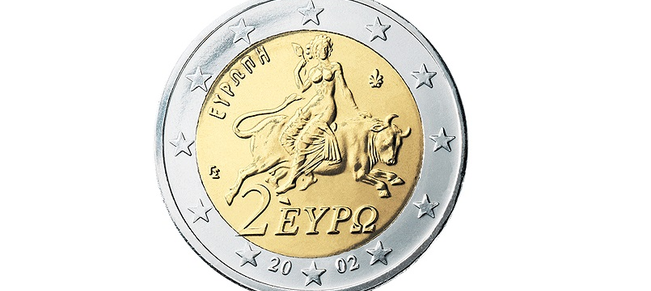
Broadening Horizons
So, the Brexit argument is going to drag on for another six months – to Halloween, or Reformers Day, if you like. Will it be trick or treat? Will it lead to a new reformation of Britain? No-one knows right now.
But I do wonder how much the Brexit referendum was shaped by the considerable number of British Christians who believed a vote for Brexit meant they were voting to be freed from an unholy alliance with a Catholic or a secularist plot. This message was and still is being preached by well-meaning ‘Bible-believing’ evangelists such as the following, under the heading, Why leaving the EU means we can return to our Christian heritage:
Just as the preaching of John and Charles Wesley saved us from the French Revolution and our National Days of Prayer called by King George VI during the darkest days of the last war saved us from Hitler, I believe that the prayers of so many of God’s people in recent days has set us free from an ungodly yoke which has marginalised Christian faith, made it almost impossible to teach our children the truth of the Word of God regarding marriage between one man and one woman and teach the acceptability of sex change to very young children. Under the guise of ‘human rights’ legislation, the EU has also sought to prevent us from openly testifying of our faith in Jesus Christ as the only way of salvation.
I believe the EU is the fractured fulfillment of the final empire of Daniel’s vision (the feet in Daniel 2:33). We must return to our Judeo/Christian heritage and resist the encroachment of secularism and false religion.
Similar ideas were popularised fifty years ago by Hal Lindsay’s Late Great Planet Earth, warning against a ten-nation-confederacy in Western Europe (the European Economic Community). Only in 1991, when I visited Brussels with the YWAM Europe leadership team to learn more about this European project, did I begin to realise how ill-informed and irresponsible such perspectives really were. That is when for the first time I heard the story of Robert Schuman, and of the Christian-motivated process of forgiveness and reconciliation that made the start of the European project possible. The whole point of this project, as Schuman and others saw it, was to return to Europe’s Christian heritage.
That’s a story largely unknown among evangelicals. (Watch the film ‘For the love of tomorrow’!). The consequence of short memories and narrow horizons is that instead of being responsible partners in the rebuilding of post-war Europe, our evangelical constituency had little constructive input to offer. We have too often stood on the sideline, pointing the finger and criticising, quoting verses from Daniel and Revelation, but have had nothing to lay on the table ourselves. We just didn’t know how to think ‘Europe’ or ‘public square’.
When people ask me these days, ‘Will Europe become the beast?’, I say, ‘Definitely yes! …if God’s people watch from the sidelines and criticise unconstructively, instead of being salt and light as we are meant to be.’ But it will not be because God has willed Europe to become ‘worse and worse’. It will be a self-fulfilling prophecy, the consequence of failing to bring understanding (light) and preserving what remains (salt) in a society facing a crisis of identity.
The EU is certainly not a perfect instrument of government. No government on earth is. The British parliament has certainly shown us that over the past two years. But what do we as God’s people to bring to the table?
This question has dogged me for decades. It is why we as the Schuman Centre for European Studies are partnering with ForMission College and Newman University (both in Birmingham, UK) to offer a Masters degree programme in Missional Leadership and European Studies. A module on the making of Europe will trace how the gospel has been the defining factor in the emergence of a society or community of peoples with a common Christian heritage, which has made the EU possible in the first place. Another on the challenges and opportunities in Europe today will examine the influence of Islam, new spirituality, secularism, nationalism and populism, and also the EU story and institutions. Students will come each semester to Amsterdam for four days of facilitation, with the first intake June 17-20 this year, returning home to study and complete assignments. New students can join in later semesters. (For more information, click here)
Our goal is to broaden horizons, equipping people to make a difference in the public square as politicians, civil servants, journalists, economists and teachers, with a biblically-informed perspective of Europe past, present and future.
For unless we eventually come to recognise that Europe’s identity is truly rooted in the story of Jesus, Brexit will prove the least of our problems.

Jeff Fountain
Director Schuman Centre
For more weekly words from Jeff, visit weeklyword.eu.

This Post Has 0 Comments